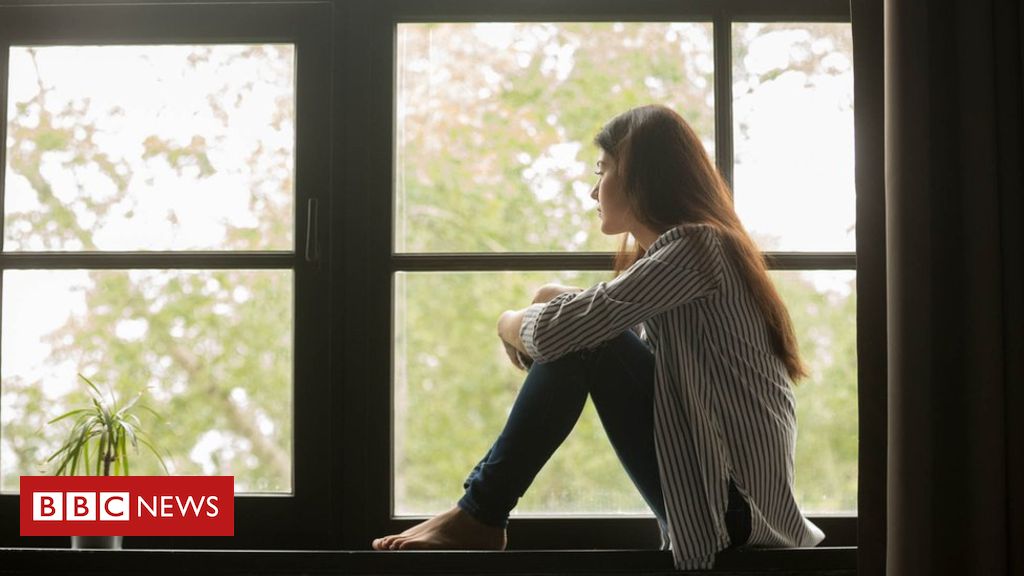Everybody in the UK has been asked to stop non-essential contact with other people and avoid all unnecessary travel. This is known as social distancing.
It follows people with flu-like symptoms – such as dry cough and high temperature – being asked to self-isolate at home, to avoid infecting others.
So, what do you need to know about social distancing and self-isolation?
What is social distancing?
Social distancing means avoiding unnecessary contact with other people.
It means spending less time in public places, where a lot of people are around.
Everyone is now advised to follow self-distancing measures, especially the over-70s, pregnant women and adults normally eligible for a flu jab.
How to self-distance
Work from home whenever possible
Avoid all unnecessary travel
Stay away from pubs, clubs, theatres and other such social venues
Avoid gatherings with friends and families wherever possible
Media playback is unsupported on your device
Media captionFive ways to self-isolate successfully to prevent the spread of coronavirus
What am I allowed to do when social distancing?
You can go for a walk or run outdoors if you stay 2m (6ft) away from others
You can see family and friends if it’s essential
You can walk your dog
You can proe essential care for elderly relatives and neighbours if you have no symptoms
You can go to the shops to buy food and groceries
What is self-isolation?
Self-isolating means staying at home and not leaving it, other than for exercise. Don’t go to work, school or public areas during this time.
If possible, you should not go out even to buy food or other essentials. If you are unable to get supplies delivered, you should do what you can to limit social contact when you do leave the house.
Who should self-isolate?
Everyone who shows coronavirus symptoms – a fever of above 37.8C, a persistent cough or breathing problem – and everyone who lives in the same house or flat as someone with symptoms.
If you live alone, you must stay at home for seven days from the day symptoms start
If you or someone you live with has symptoms, then the entire household needs to isolate for 14 days from the day they start
Anyone in the household who starts displaying new symptoms during the 14-day period will need to stay at home for seven more days, regardless of how long they have already been isolated
The person with the symptoms should stay in a well-ventilated room with a window that can be opened, and keep away from other people in the home.
People are being advised not to ring NHS 111 or their GP to report their symptoms unless they are worried.
Who else should self-isolate?
People with very serious health conditions need to be shielded from the virus for about 12 weeks, using special isolation and precaution measures to be announced soon. This group includes:
Cancer patients undergoing chemotherapy or radiotherapy
Transplant patients
People with severe diseases or on dialysis
People with cystic fibrosis or severe asthma
What happens if you have a vulnerable person living with you during self-isolation?
You should keep at least 2m away from a vulnerable person (such as pregnant women, the elderly or those with an underlying health condition) during any period of isolation, according to PHE.
Limit time spent together in shared spaces, like kitchens, and keep all rooms well-ventilated. If they can, the vulnerable person should take their meals back to their room to eat.
A vulnerable person should also use separate towels from the rest of the household. If possible, they should use a separate bathroom. If that is not possible, the bathroom should be cleaned every time it’s used (for example, wiping surfaces with which you have come into contact).
People living with someone in isolation should wash their hands often, using soap and water for at least 20 seconds – especially after coming into contact with them.
Personal waste (like tissues) should be double-bagged and put aside for 72 hours before being put in your outside bin.
Will I still get paid?
Workers will get statutory sick pay from the first day off work, not the fourth, to help contain coronavirus, the prime minister has said.
This means that people who have to self-isolate or who are ill would get an extra £40 to cover the first four days. This would take it up to its usual rate of £94.25 per week.
Many casual or agency workers may also be entitled to sick pay but self-employed people are not. Citizens Advice says people on zero-hours contracts can still get sick pay and should ask their employer.
In the meantime, the government says you can claim universal credit or employment and support allowance if you’re prevented from working for public health reasons.
If you need to care for a relative or your child’s school is closed and you need to look after them at short notice, your employer must give you time off, but it may be unpaid.



